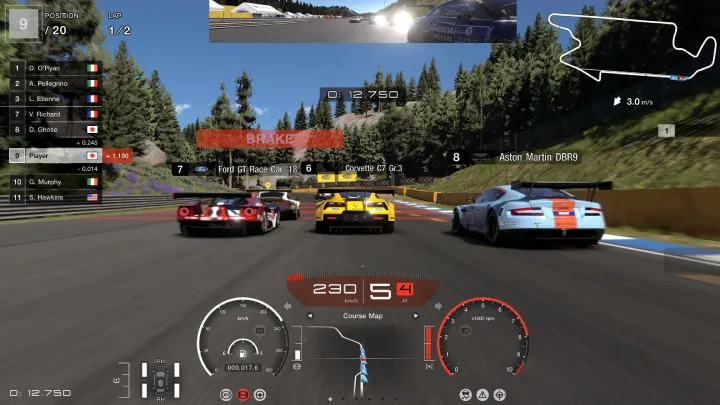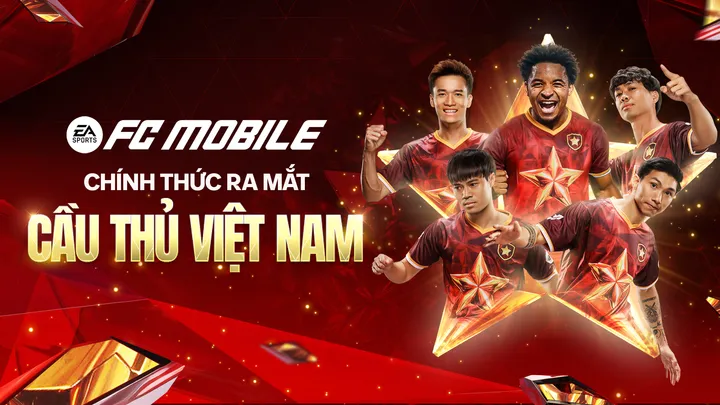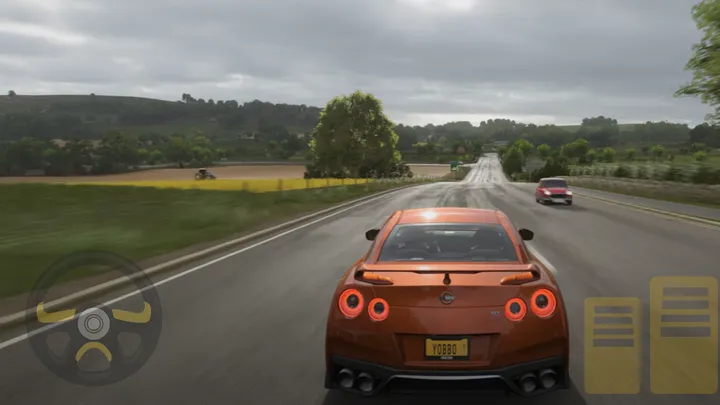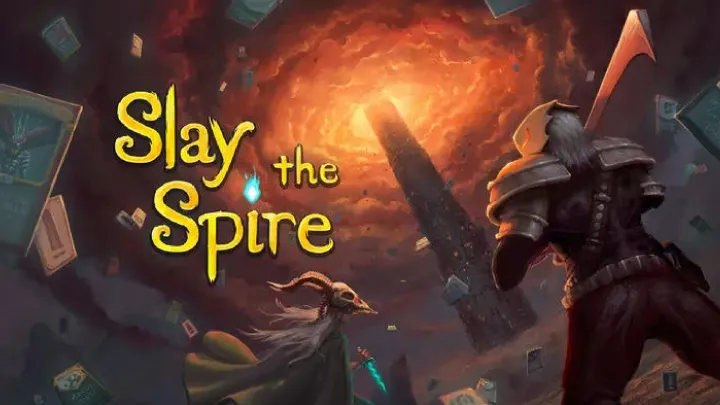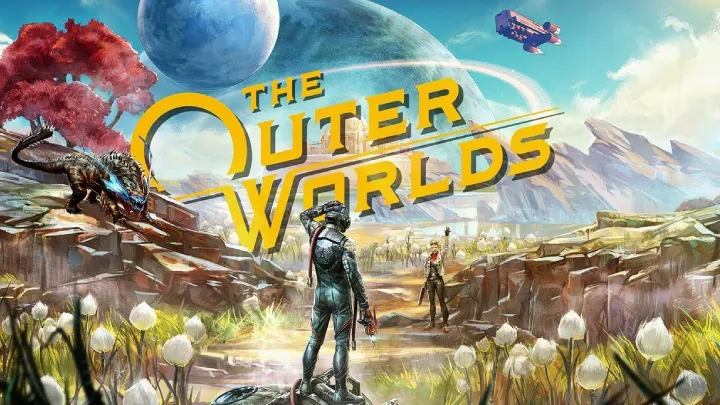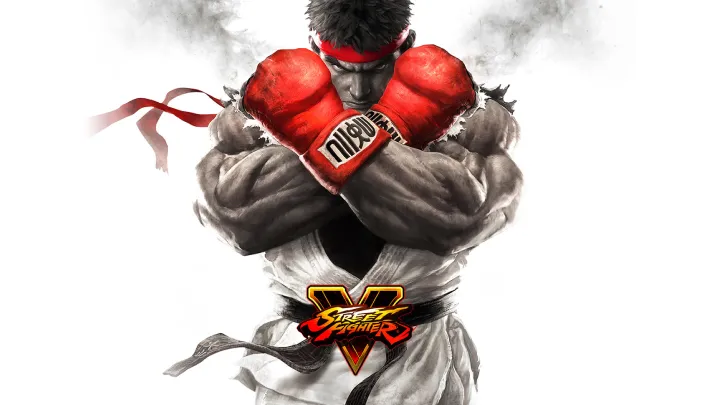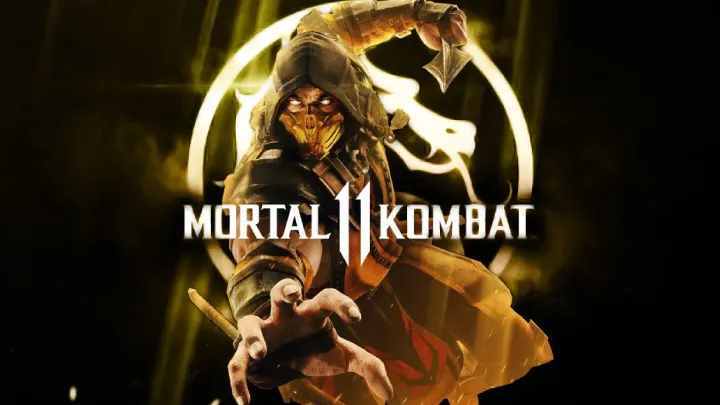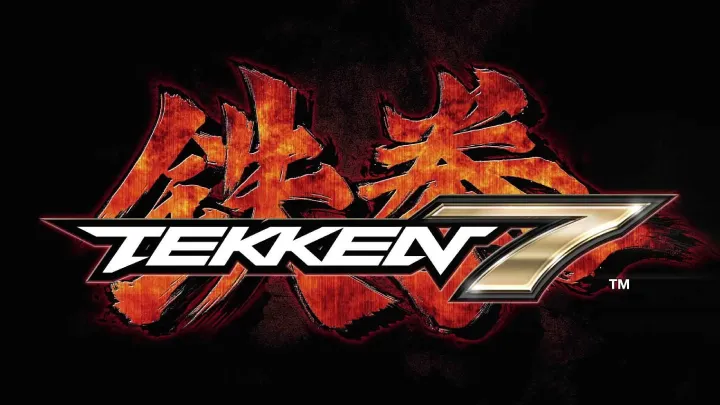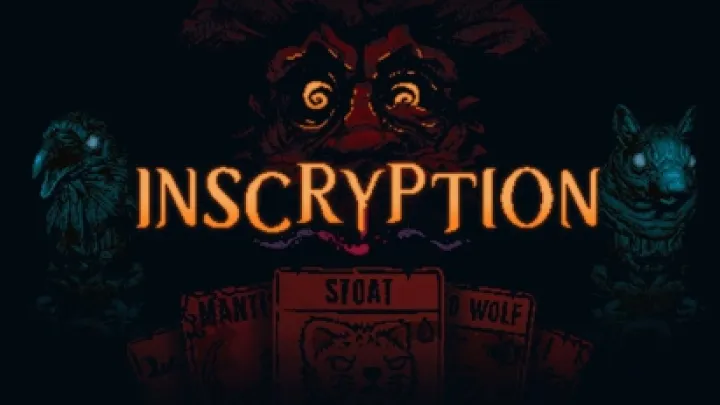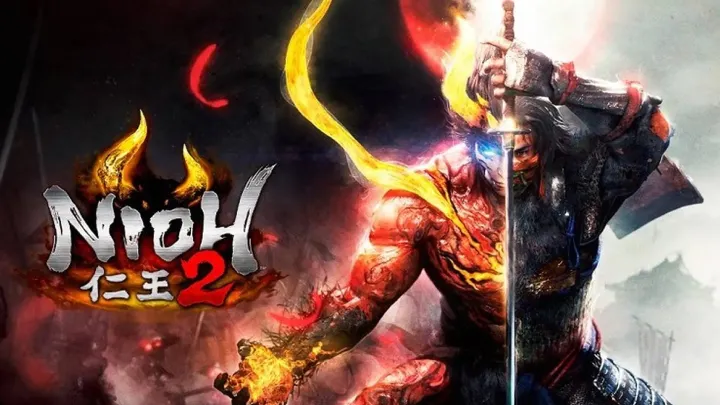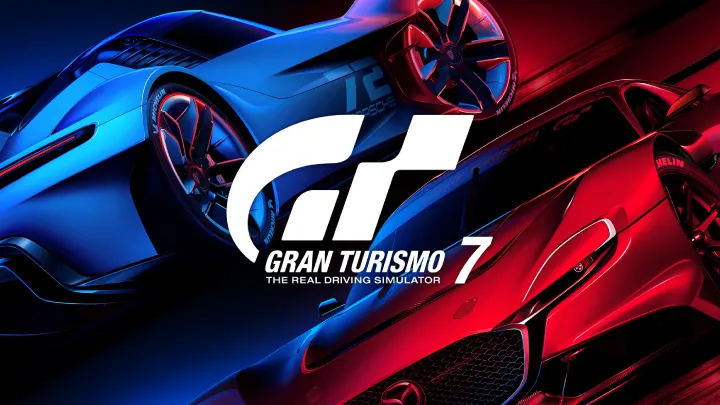
Introduction
Gran Turismo 7 represents a significant entry in Polyphony Digital's iconic racing franchise, boasting stunning graphics, realistic physics, and a robust catalog of vehicles. However, beneath the impressive surface lies a contentious issue: the implementation of microtransactions and car acquisition mechanics. Players have expressed frustration over the balance between earning credits through gameplay and the extensive use of microtransactions to purchase in-game cars. This article examines the complexities of this feature, exploring its implications for player experience, competition, and the community's overall perception of the game.
Microtransactions: A Growing Trend
What Are Microtransactions?
Microtransactions allow players to purchase in-game items, enhancements, or currency using real money. This practice has become commonplace in many modern games, including racing simulators like Gran Turismo 7. While they can enhance gameplay, they are often criticized for creating a "pay-to-win" environment or diminishing the satisfaction of earning rewards through skill and effort.
The Controversial Introduction in Gran Turismo 7
Gran Turismo 7 introduced microtransactions in a way that aimed to blend traditional gameplay with a more contemporary approach to monetization. Players can acquire in-game credits (known as "CR") by completing races, or they can opt to purchase these credits with real money. This option has sparked significant debate within the community, as many players feel it undermines the core principles of the franchise, which historically emphasized the joy of earning cars through dedicated gameplay.
The Credit System: An Overview
How Credits Work in Gran Turismo 7
In Gran Turismo 7, players earn credits by participating in various races, completing challenges, and engaging in simulations of actual motorsport events. These credits can be used to purchase cars, upgrades, and items within the game. While the primary method of acquiring vehicles is through gameplay, the introduction of microtransactions has changed the landscape significantly.
The Challenge of Earning Credits
Many players have noted that the time required to earn sufficient credits to purchase higher-end vehicles can be daunting. Some racing events provide minimal rewards compared to the escalating costs of top-tier cars. For example, while a player might spend several hours racing to earn enough CR for a single high-performance vehicle, the option to buy that vehicle outright with real money effectively short-circuits the grind, creating a substantial imbalance.
The Community's Reaction
Voices of Frustration
The introduction of microtransactions has sparked a strong reaction from the Gran Turismo community. Forums and social media platforms have been flooded with complaints about the perceived unfairness of the system. Players feel that the game is pushing them towards making purchases rather than fostering a rewarding gameplay experience. Many longtime fans express disappointment at how these changes deviate from the traditional formula of the series.
Impact on Player Engagement
The backlash against microtransactions has also impacted player engagement. Developers aim to create an immersive experience, yet many players feel disillusioned by the idea of having to pay extra for the cars they feel they deserve to earn through skillful racing. This discontent can lead to decreased playtime, reducing the vibrant community that has historically fueled the Gran Turismo series.
The Balance Between Convenience and Satisfaction
Opportunities for Microtransactions
It's essential to examine the rationale behind microtransactions. For some players, the option to purchase cars using real money can provide convenience, particularly for those who may not have the time to invest hours in racing. This accessibility allows them to enjoy the game without the grind, catering to a broader and more diverse audience.
The Satisfaction of Earning Cars
Despite the convenience that microtransactions offer, the satisfaction derived from earning cars through gameplay remains unparalleled. For many fans, the thrill of unlocking a dream car after hours of committed racing is a fundamental part of the Gran Turismo experience. The instantaneous acquisition of vehicles through microtransactions undermines this sense of achievement, leading to a more transactional rather than an immersive gaming experience.
Competitive Integrity and Fair Play
The "Pay-to-Win" Concern
One of the most critical issues surrounding microtransactions is the fear of a "pay-to-win" environment. If players can purchase powerful cars that significantly outperform others, competitive integrity can be compromised. This situation could lead to frustration among players who prefer skill-based competition and raises concerns about the fairness of online races and events.
Balancing Competitive Play
Ensuring a level playing field is vital for maintaining a competitive atmosphere in Gran Turismo 7. Developers must strive to balance the advantages of purchasing cars with the skills required to operate them effectively. If microtransactions provide too significant an edge, it can discourage players who focus on improving their racing techniques and strategies, ultimately harming the game's community.
Alternatives to Microtransactions
Exploring Alternative Models
In light of community feedback, exploring alternative revenue models could be beneficial for Gran Turismo 7. Developers could consider seasonal content updates or expansion packs that introduce new cars and events without relying on in-game purchases. This model could help maintain player engagement while rewarding those who prefer to earn their rewards through gameplay.
Implementing Earnable Rewards
Another approach could involve reimagining the credit system to make earning cars more rewarding. By increasing the rewards for completing specific challenges, players might feel more incentivized to participate in various races. Unique events or milestones that offer coveted cars could add excitement and drive continued engagement without introducing microtransactions.
The Importance of Player Feedback
Listening to Community Concerns
For developers to succeed, it is crucial to listen to player feedback actively. Community forums and social media platforms provide valuable insights into player experiences, expectations, and frustrations. Responding to these concerns can cultivate a more robust relationship between developers and players, ensuring that future updates resonate with the community.
Engaging in Open Dialogue
Establishing open channels of communication can ease tensions surrounding microtransactions. Developer Q&A sessions, regular updates, and transparency regarding in-game purchases can help inform players about the design choices and business models at play. Engaging directly with the community can humanize the developers and demonstrate their commitment to crafting a rewarding experience.
Balancing Tradition and Innovation
Upholding Gran Turismo's Legacy
As Gran Turismo 7 moves forward, it faces the challenge of balancing tradition and innovation. The franchise has long upheld values centered around car culture, skill development, and the thrill of competition. While adapting to the monetization trends in modern gaming is essential, it should not come at the cost of abandoning the core principles that have defined the series.
Fostering a Respectful Community
Respecting the community's traditions while incorporating innovative features can foster a thriving environment where all players feel valued. By focusing on enhancing player engagement through gameplay rewards and carefully considering the role of microtransactions, Gran Turismo 7 can continue to build on its already strong legacy.
Conclusion
Gran Turismo 7 stands as a stunning entry in the franchise, yet the controversy surrounding microtransactions and car acquisition mechanics poses a significant challenge. Balancing the convenience of purchasing cars with the satisfaction of earning them through gameplay remains a pivotal concern for players. As the community expresses its frustrations and hopes, the developers must listen closely and take active steps to ensure a fair and fulfilling gaming experience. By prioritizing player engagement and upholding the franchise's core values, Gran Turismo 7 can solidify its place as a beloved title in the racing genre.